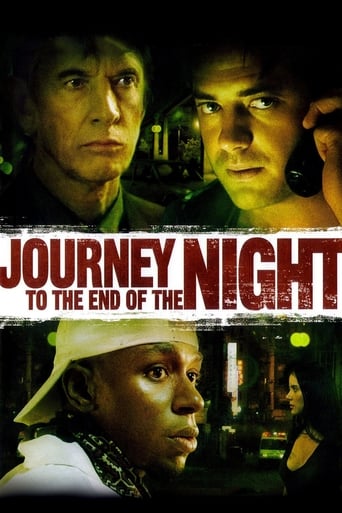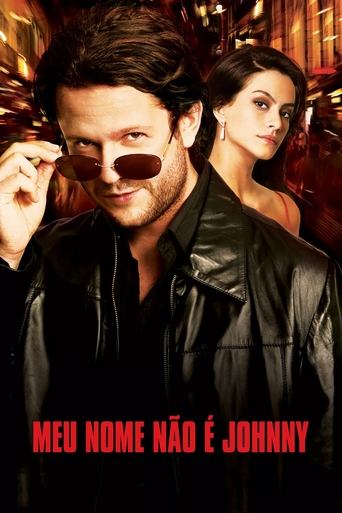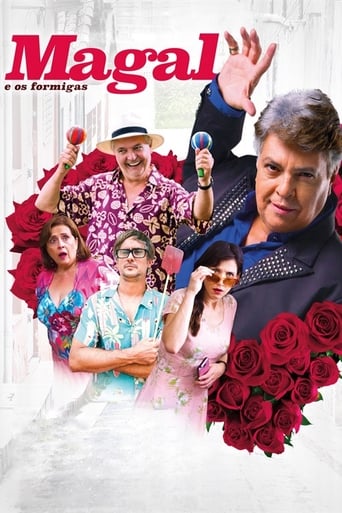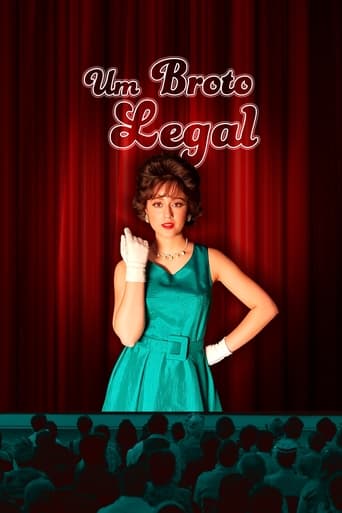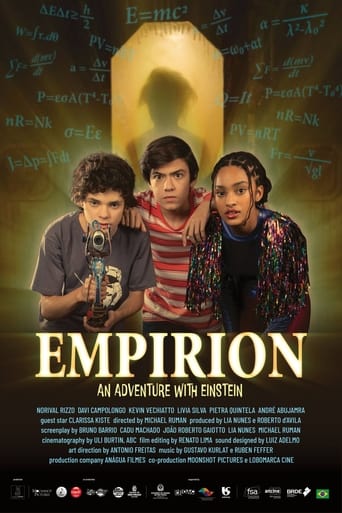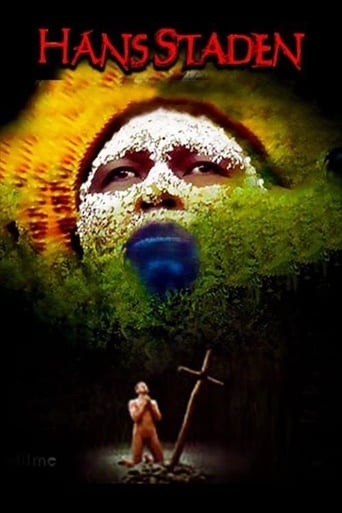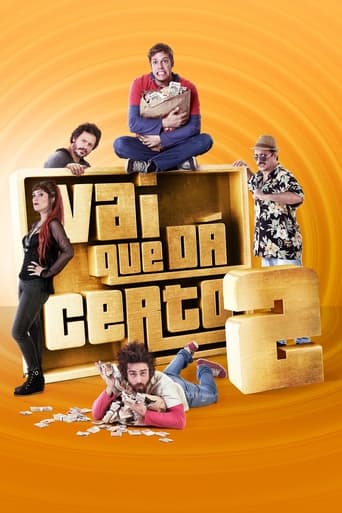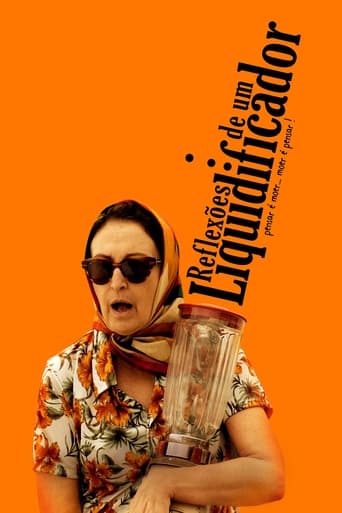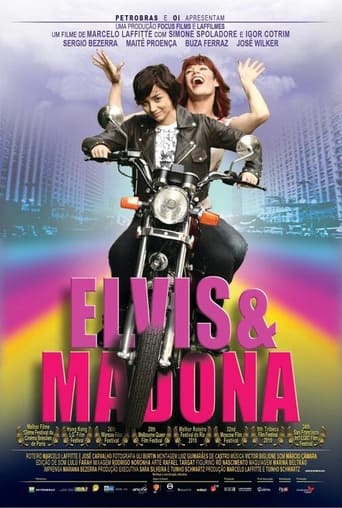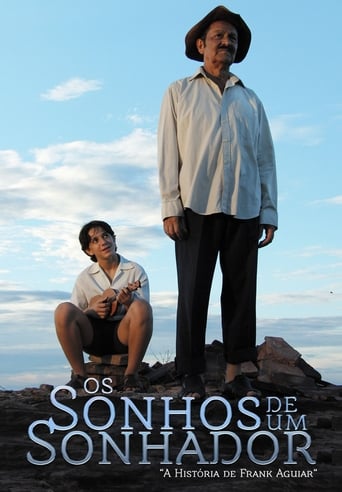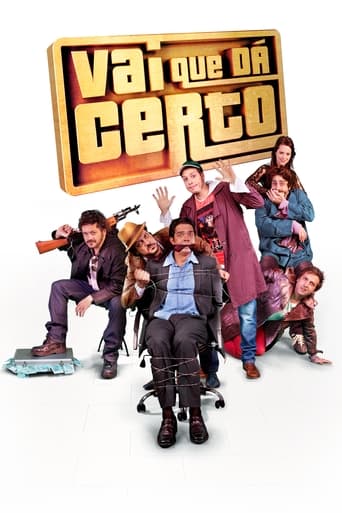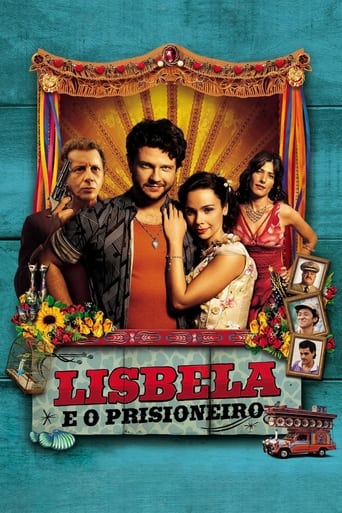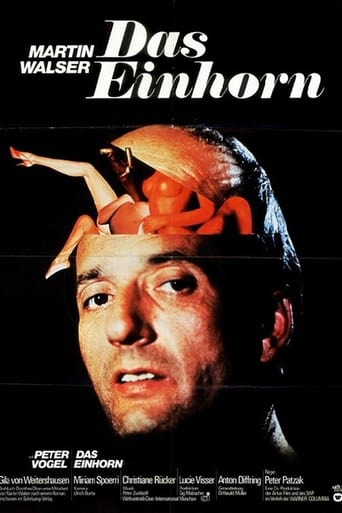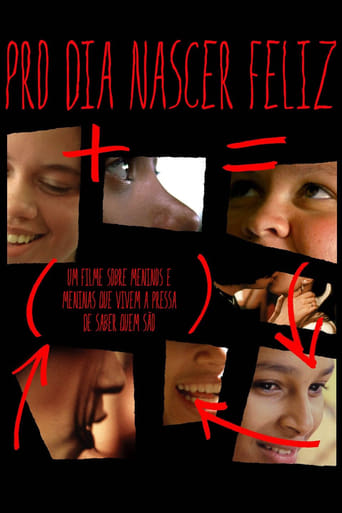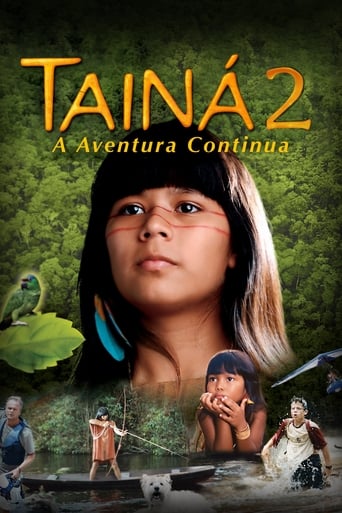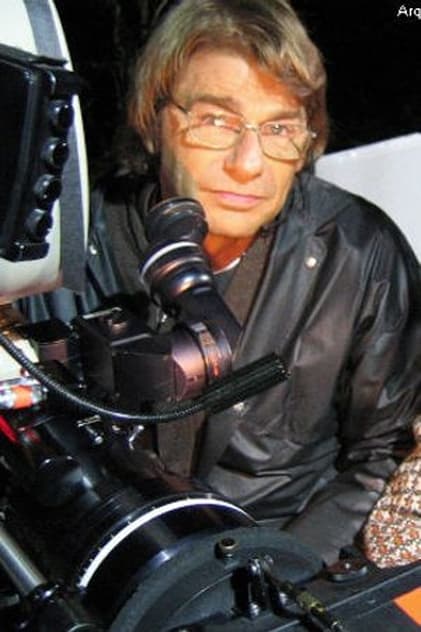
Uli Burtin
Ulrich Paul Ferdinand Burtin, known as Uli Burtin, was born in 1940 in Austria and spent his childhood in his homeland and post-war Germany. At the age of 16, he began learning still photography at an advertising photography studio in Frankfurt. Between 1959 and 1962, he completed his training at the Higher Film School in West Berlin, and, in parallel, worked as a camera assistant in Berlin's UFA film industry. At the same time, he studied physics and chemistry at the Technical University of Berlin, however, without completing the course. Between 1962 and 1965 he initially worked as a camera operator at the Suedwestfunk studios in Baden-Baden, Germany. In 1969 he signed his first work as a photographer in a feature film, in “Die Fragestunde”, directed by Tom Toelle. He then performed “Schrott”, by Eberhard Itzenplitz, and “Bambule”, by Ulrike Meinhof and Eberhard Itzenplitz, all in black and white. During this period he also photographed several political documentaries in countries such as China, Cuba, Egypt, Israel and, mainly, in Africa, where in 1968 he made four documentaries during an expedition and had the opportunity to cross the continent in a Kombi. In 1971, Burtin was hired by the German government as a technical advisor for the Konrad Adenauer Foundation to plan and set up the technical part of TV Educativa in Rio de Janeiro, currently TV Brasil. Before returning to Germany in 1974, he also administered courses and prepared handouts on lighting at TV Globo in Rio. Between 1974 and 1979 he photographed feature films and TV series in Austria, Germany, England, France and Spain, as well as documentaries in Mozambique, Ethiopia, Lebanon and Israel, produced for German television and ABC, in the United States. United. His definitive move to Brazil took place at the end of 1979, when he photographed and, sometimes, co-produced documentaries throughout Latin America for several international channels. From 1981 onwards he began photographing advertising films and music videos, in Brazil and abroad, becoming a partner at the production company VPI in São Paulo. In 1995 he signed the photography for the feature film “Deus Junior”, by Mauro Lima, with whom he established a partnership. Burtin and Lima also worked together on “Tainá 2” (2004) and “Meu Nome Não É Johnny” (2007). Other highlights of his career are the films “Hans Staden”, by Luis Alberto Perreira (Brazil/Portugal, 1999), “Die Wasserfaelle von Slunj” (Austria/UK, 2002), by Peter Patzak, “Lisbela e o Prisioneiro”, by Guel Arraes (2003), “The Journey to the End of the Night”, by Eric Eason (USA. 2006), “Elvis e Madonna”, by Marcelo Laffitte (2007), “Salve Geral”, by Sergio Resende (2010 ), “Vai que Dá Certo 1 e 2”, by Mauricio Farias (2011/15), “O Caseiro”, by Julio Santi, (2015) and “The Hand of The Creator”, by Odilon Rocha (UK, 2016) . Burtin is also the author of several technical and journalistic articles and created the digital book “On Scenic Cinematography”. In recognition of his work for the development of Brazilian audiovisual, he was granted the status of Partner Emeritus of ABC.
- Npe: Uli Burtin
- Cov Nrov: 0.001
- Paub Txog: Camera
- Hnub yug: 1940-01-01
- Qhov chaw yug: Austria
- Homepage:
- Kuj Paub Li: Ulrich Burtin




